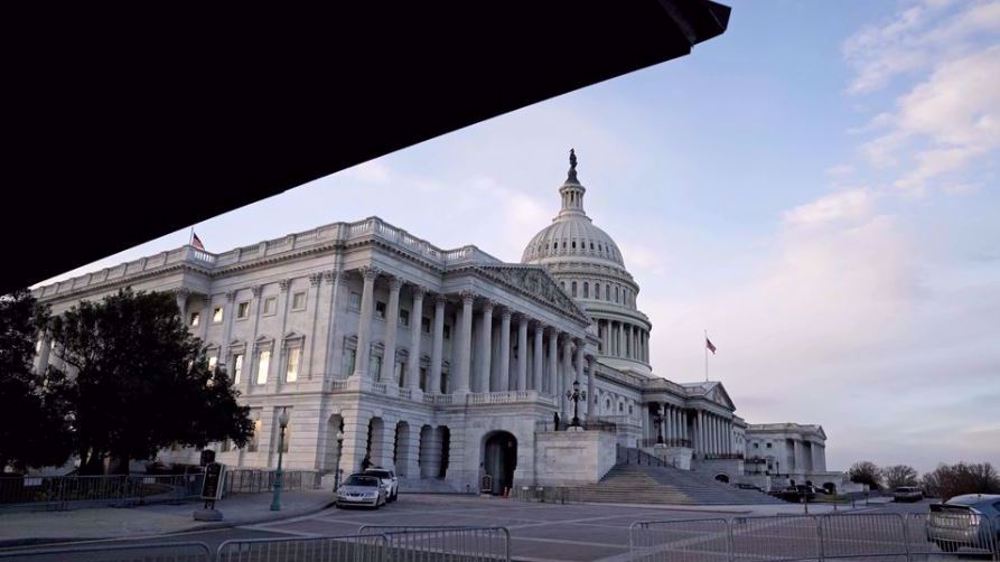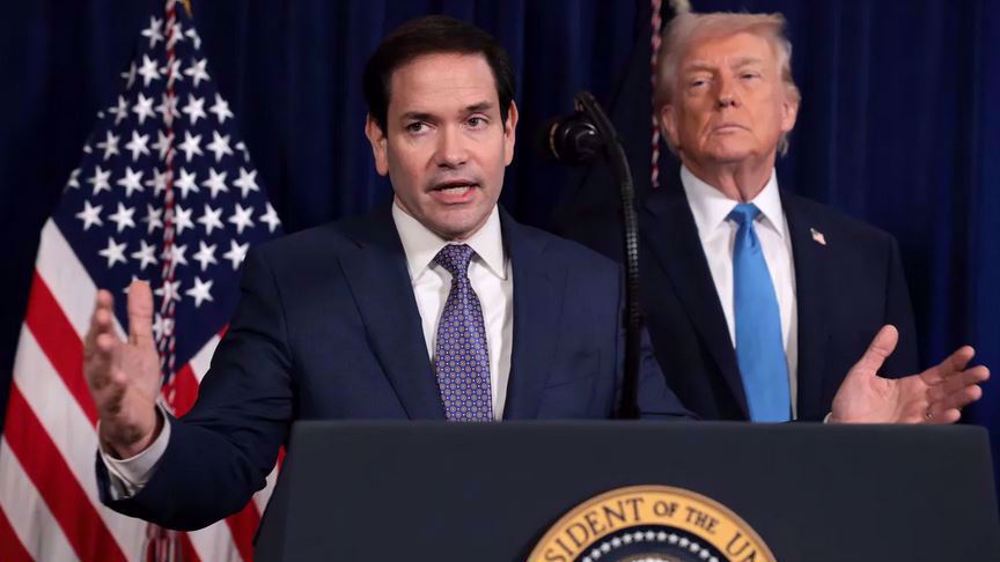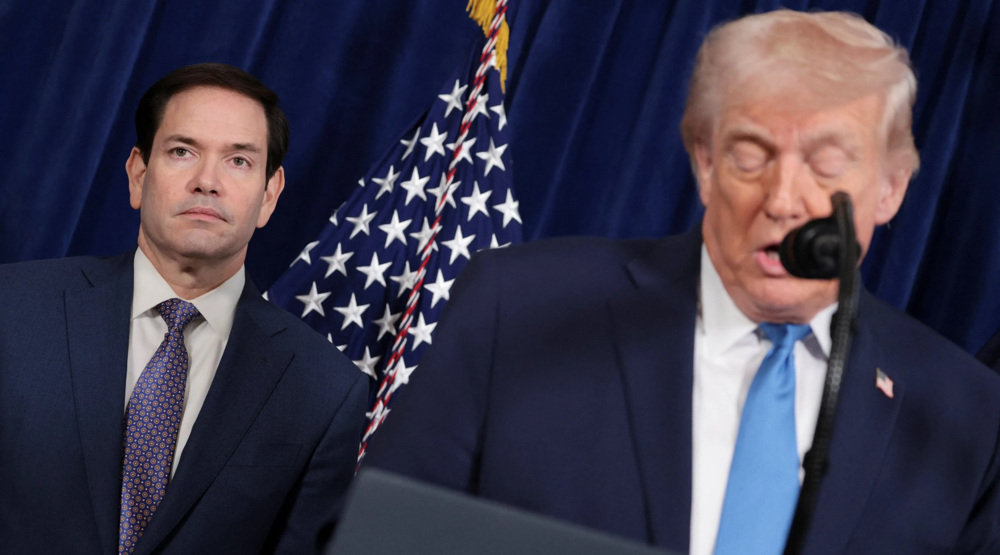Analysts doubt the Biden administration will stop selling arms to Saudi Arabia, UAE
US President Joe Biden's administration has unveiled an overhaul of arms export policy with increased emphasis on human rights, but independent analysts doubt Washington will ignore commercial concerns while selling weapons to countries like Saudi Arabia and the United Arab Emirates over their war crimes in Yemen.
The new Commercial Arms Transfer (CAT) policy covers a review of security assistance, government-to-government weapons transfers and licensed commercial sales of US-origin military equipment and services overseen by the State Department as well as the Defense and Commerce departments, including firearms commonly available in the United States, according to Reuters.
Under the new policy announced on Thursday, a weapons transfer will not be approved if the State Department assesses the arms "more likely than not" will be used to commit or facilitate genocide, crimes against humanity, breaches of the Geneva conventions, or serious violations of international law.
"We are looking at a policy of prevention when there is a risk of violation of human rights," one official said.
New York-based journalist Don DeBar slammed the Biden administration’s promise to get stricter human rights reviews for weapons sales to foreign countries.
“They sent $100 billion dollars worth of aid to overt card-carrying Nazis. What possible criteria could cause them to refuse to sell weapons to someone?” he asked.
“It's clear from the relationship that the US has with Ukraine, namely, the sponsor of a coup that removed the elected president and then declared war on its own people, killing 14,000 of them in 8 years, that whatever criteria they're going to use to deny weapons sales to someone, it is not going to be on humanitarian grounds or on the grounds of legal and electoral politics,” DeBar stated.
“Further examples can be found in places like Saudi Arabia, the United Arab Emirates, Honduras and Bolivia, etc. etc.,” the journalist added.
Human rights advocates have long condemned US weapons sales to countries like Saudi Arabia and the United Arab Emirates over their war crimes and crimes against humanity in Yemen.
The Biden administration was criticized last year for selling radars and aircraft to Egypt despite what Human Rights Watch called Egypt's "atrocious human rights record."
"Unfortunately, the Biden administration has a mixed record on these issues so far," William Hartung, senior research fellow at the Quincy Institute for Responsible Statecraft, said in an emailed statement, adding that the administration "will have to change course if they are going to live up to the rhetoric of the new policy."
Since the beginning of the war in 2015, the use of US weapons by the Saudi-led coalition in airstrikes on civilian targets in Yemen has been well documented.
As a candidate, Biden had vowed to make the Saudi kingdom a “pariah” on the global stage over the war in Yemen as well as the 2018 murder of Washington Post journalist and political dissident Jamal Khashoggi.
Soon after taking office, Biden appeared to be delivering on the promise, when he declared in February 2021 a halt to US support for the Saudi military operations in Yemen, including “relevant arms sales.”
The Biden administration also released US intelligence findings that concluded Crown Prince Mohammed bin Salman personally approved the operation targeting Khashoggi.
Biden, however, has softened his approach in recent months, moving to improve US relations with Saudi Arabia in the hope of getting the world's top oil exporter to increase oil production in order to offset the loss of Russian supplies to the global market and drive down gasoline prices at home.
A number of US lawmakers have called for halting sales of American weaponry to Riyadh, and pulling out what arms were already there to “right-size [the] relationship with Saudi Arabia.”
VIDEO | Press TV's news headlines
VIDEO | Protesters in Toronto slam US kidnapping of Venezuelan president
Israeli troops detain, intimidate Palestinian toddler in West Bank
Iran says its investments in Venezuela face no major risk
Make ‘right decision’ or face more US pressure, Rubio tells Venezuela’s Rodriguez
VIDEO | General Soleimani honored in Kashmir, Kargil
US, Israel waging ‘soft warfare’ to destabilize Iran after June defeat: Top general
VIDEO | Hundreds brave wind and cold to show solidarity with Gaza in Berlin












 This makes it easy to access the Press TV website
This makes it easy to access the Press TV website